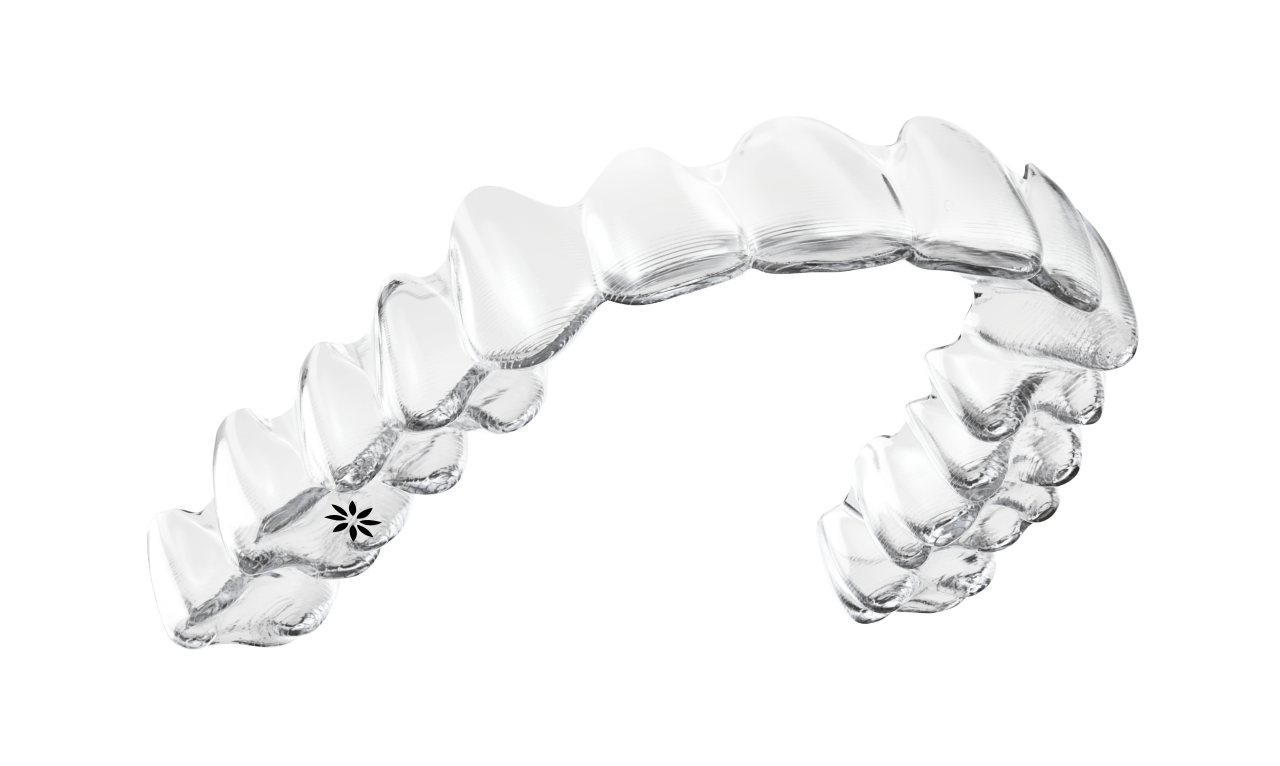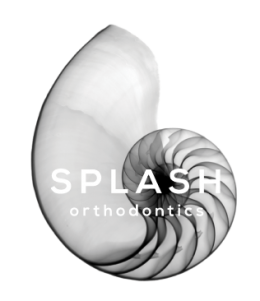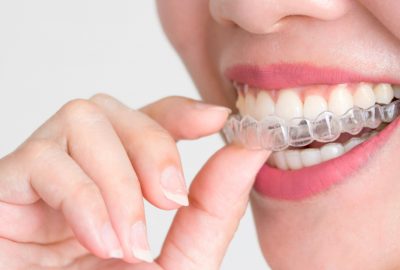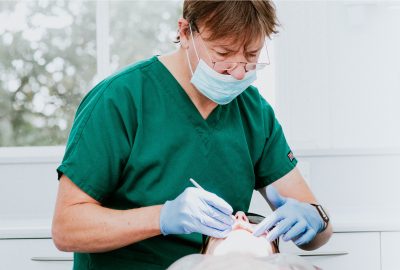Will Invisalign affect your speech?
Invisalign is a discreet and convenient way to align your teeth, but some patients worry about whether it will impact their speech.
When you first start wearing your aligners, you might develop a lisp. For most patients, it’s very subtle and quickly improves with some practice.

Why patients can develop a lisp
Invisalign aligners are custom-made using clear, flexible plastic. They’ll fit snugly over your teeth, and they’re virtually invisible.
Despite being very thin, your aligners will change the space within your mouth. This small difference can cause your tongue to move differently and create a lisp. You’ll notice that you struggle to pronounce “S” and “Z” sounds.
Not everyone is affected, and any changes are usually very minor. You might be more aware of a lisp than your friends and family.

How long will your lisp last?
If you do develop a lisp, it should only last a few days. The best thing you can do is keep wearing your aligners and keep talking. Your tongue will quickly adapt to its new surroundings, and your speech will soon return to normal.
To speed things along, you might find it helpful to write down the words you have trouble pronouncing so that you can practice repeating them.
You can also try reciting the Rainbow Passage, which includes all the sounds and mouth movements used in normal speech.
If you have an important presentation or meeting and you’re feeling self-conscious, you can take your aligners out. Just make sure you wear them for at least 20 hours every day.
Your aligners will stay a similar thickness throughout your treatment. So, when you change to a new set of aligners, around every 1–2 weeks, you shouldn’t experience any problems with your speech.
If you still have a lisp after a couple of weeks, contact us for advice. Your aligners might not be fitting correctly.
How to avoid a lisp with braces
Unfortunately, we can’t predict who will experience changes to their speech. If you’re concerned about developing a lisp, you may want to consider alternatives to Invisalign.
Conventional fixed braces that attach to the front of your teeth rarely impact speech. They’re available with metal or inconspicuous clear brackets.
To learn more about your options and put your questions to a specialist orthodontist, contact us to arrange a no-obligation consultation in Hove.

 Hove
Hove 01273 203514
01273 203514


 Read more
Read more

